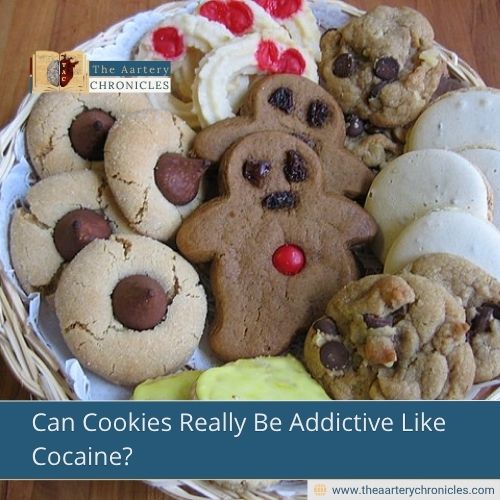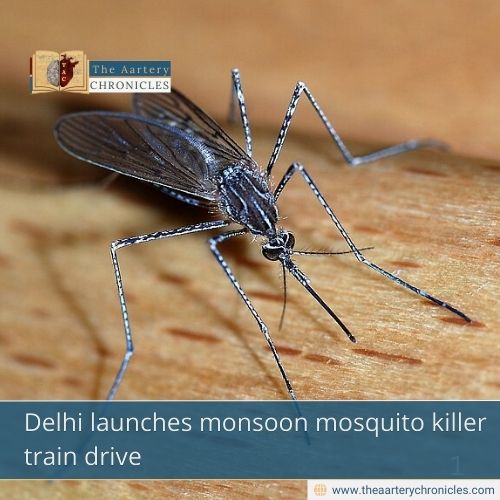

Not in Womb: Baby Grows in Liver, Shocks Doctors
A recent global study has found that many ultra-processed foods (UPFs) like chips, cookies, and sugary sodas may trigger addictive behaviours that closely resemble those seen in substance-use disorders such as alcohol or drug addiction.
Published in Nature Medicine, the research reviewed data from nearly 300 studies across 36 countries, revealing that these foods can hijack the brain’s reward system, leading to cravings, loss of control, and continued consumption despite harmful consequences.
What Makes These Foods So Addictive?
Unlike natural foods such as apples or brown rice, ultra-processed foods are often specially engineered to be hyper-palatable. This means they’re designed to deliver quick, intense, and repeated pleasure, much like addictive substances.
“People aren’t getting addicted to whole foods,” explained lead author Dr. Ashley Gearhardt, a psychology professor at the University of Michigan. “It’s industrial food products that are causing the problem they hit the brain like a drug.”
Brain Changes Similar to Drug Addiction
Importantly, neuroimaging studies show that people who consume these foods compulsively experience brain changes similar to those seen in alcohol or cocaine addiction. Disruptions in the brain’s reward and impulse control circuits are especially common.
Even more striking, medications that help reduce cravings for ultra-processed foods have also shown effectiveness in reducing compulsive drug use. This suggests that both addictions may share common biological mechanisms.
Why Isn’t Food Addiction Officially Recognized Yet?
Despite growing evidence, ultra-processed food addiction has not yet been formally recognised in the Diagnostic and Statistical Manual of Mental Disorders (DSM) — the guide used by professionals to diagnose mental health conditions.
Co-author Dr. Erica LaFata, a researcher at Drexel University, pointed out that other conditions, such as caffeine or nitrous oxide use disorders, have been acknowledged with less evidence.
“There’s a clear double standard,” LaFata said. “It’s time we applied the same scientific criteria to ultra-processed food addiction.”
Protecting Public Health
The authors are urging health officials, clinicians, and policymakers to take the issue seriously. They recommend:
- Recognising ultra-processed food addiction as a real condition
- Investing in further research and treatment tools
- Introducing policies similar to tobacco control, such as:
- Restricting marketing to children
- Adding clear front-of-pack labelling
- Launching public education campaigns
“We’re not saying all food is addictive,” Dr. Gearhardt emphasised. “But many ultra-processed foods are intentionally designed to keep people coming back for more, and without proper recognition, we’re failing to support the people most at risk, especially children.”
Conclusion
As the global consumption of ultra-processed foods continues to rise, so do health concerns. Recognising and addressing their addictive potential could be a critical step toward better public health, prevention, and treatment strategies. It’s time to look at our food environment through the same lens we use for other addictive substances and act accordingly.
Source: Inputs from various media Sources

Priya Bairagi
Reviewed by Dr Aarti Nehra (MBBS, MMST)
I’m a pharmacist with a strong background in health sciences. I hold a BSc from Delhi University and a pharmacy degree from PDM University. I write articles and daily health news while interviewing doctors to bring you the latest insights. In my free time, you’ll find me at the gym or lost in a sci-fi novel.








